Welcome to Entangled Futures, where we explore emergent mutuality. In our first three episodes we will weave conversations with the Naturalist, Paul Krafel, the collective intelligence researcher, Jean-François Noubel and the founder of the Freelancer’s Union, Sarah Horowitz. They will help us set the foundations for the Entangled Futures journey into emergent mutuality.
This show is brought to you by the Holochain Foundation. Holochain is creating technology that helps people team up, share information, and solve their own problems together—without needing a middle-man. Creating carriers that cannot be captured, Holochain enables privacy and holds space for innovation and mutuality.
On the first episode Paul Krafel will walk us through a dimension of possibilities for life, a space of positive and negative feedback loops that can help us navigate dread and avoid time lag traps.
Jean-François Noubel, the guest of our second episode, will speak of his research on the power of having a vision of the whole in small teams and help us imagine this power augmented through tech so that we can better organise and reinvent collective Intelligence at scale beyond hierarchical structures. Imagine whole orchestra’s playing like a jazz band
On the third episode, Sara Horowitz will share how Mutualism cedes decision-making authority to the communities it serves by giving them economic power. Sara Horowitz’s book reminds us that mutualism is an old idea: "We can look to one another to solve the most intractable problems we encounter in our lives. The instinct to help our neighbours in times of crisis is so natural to us that when we are given the tools to do so we know exactly what to do".
Welcome aboard! It’s great to have you along for the journey.
Watch this episode on YouTube
Listen to this episode:
Apple Podcasts
Spotify
Pocket Casts
RSS Feed
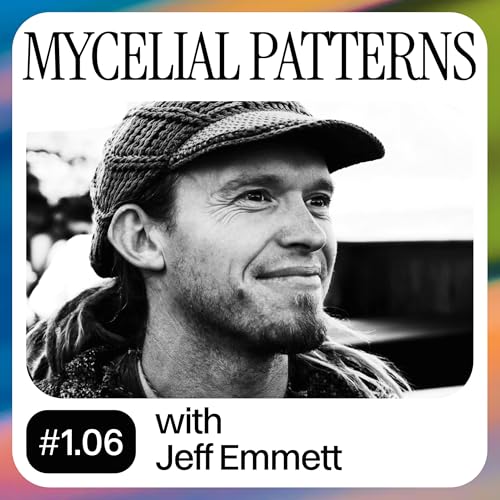 1 時間 5 分
1 時間 5 分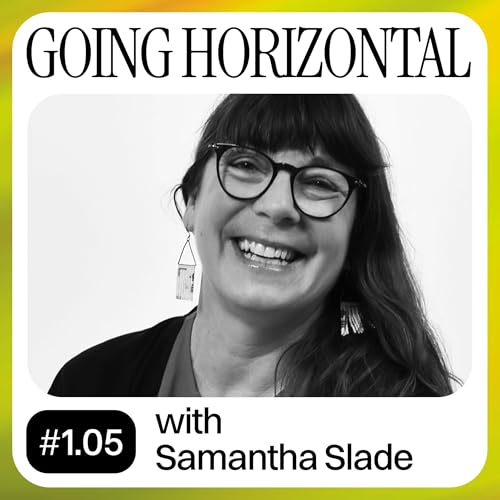 1 時間 15 分
1 時間 15 分 52 分
52 分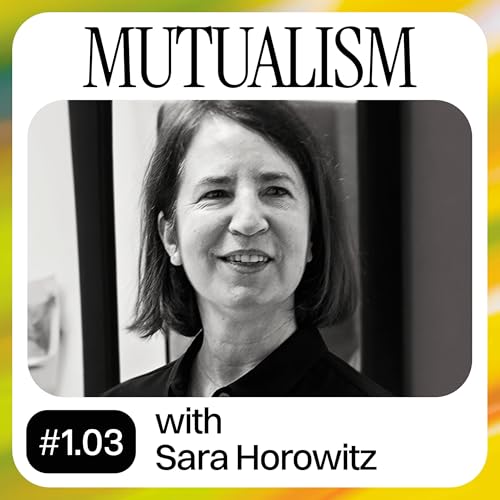 56 分
56 分 58 分
58 分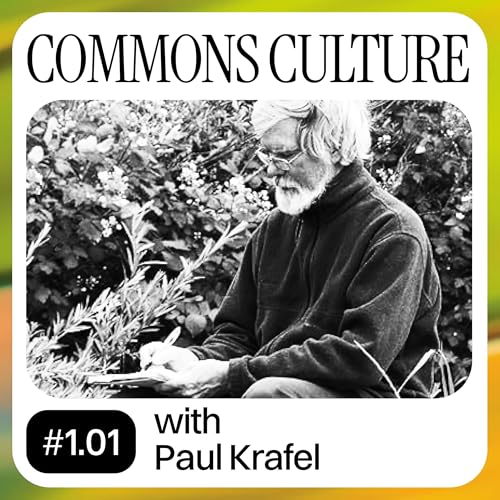 2025/08/141 時間 1 分
2025/08/141 時間 1 分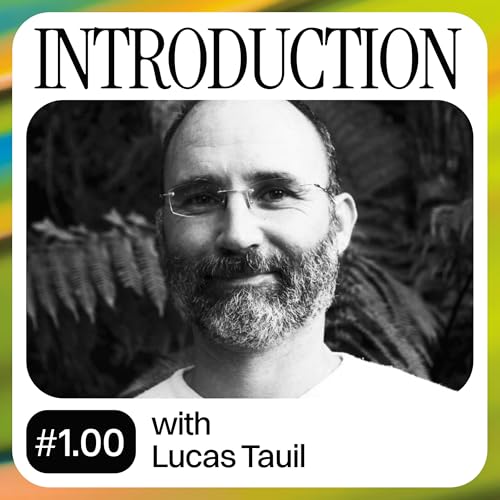 4 分
4 分
